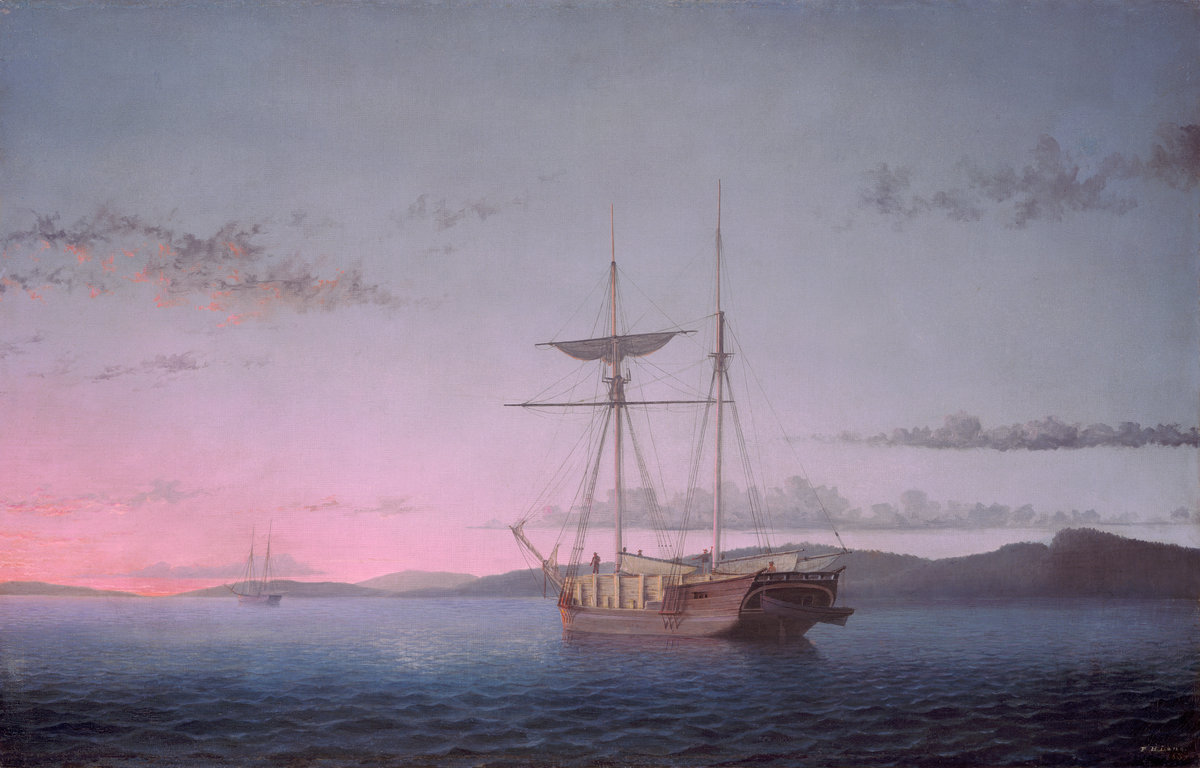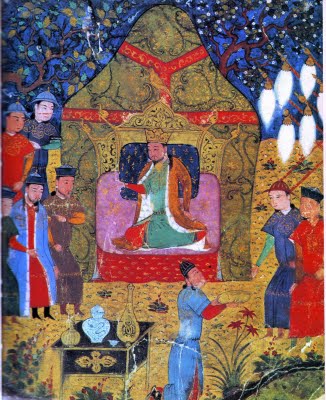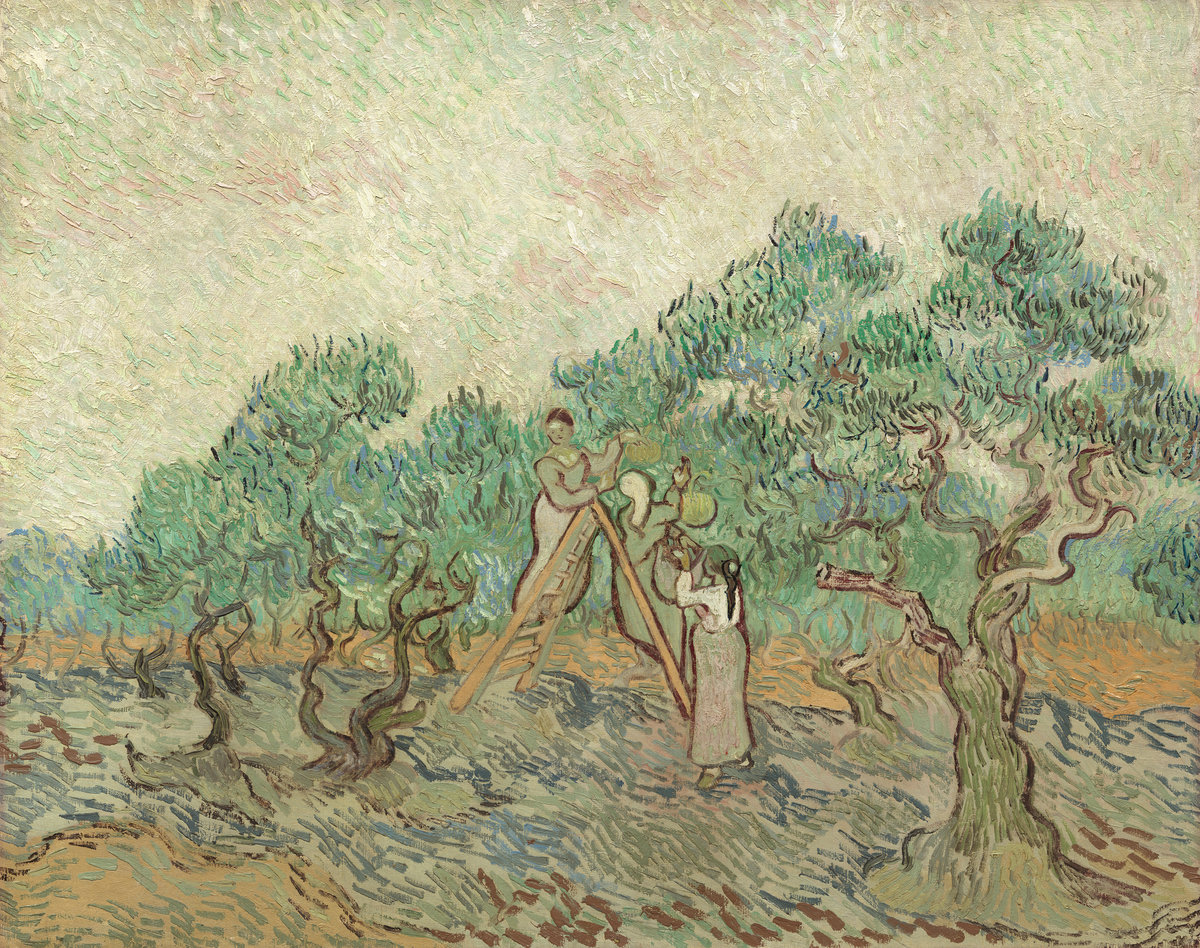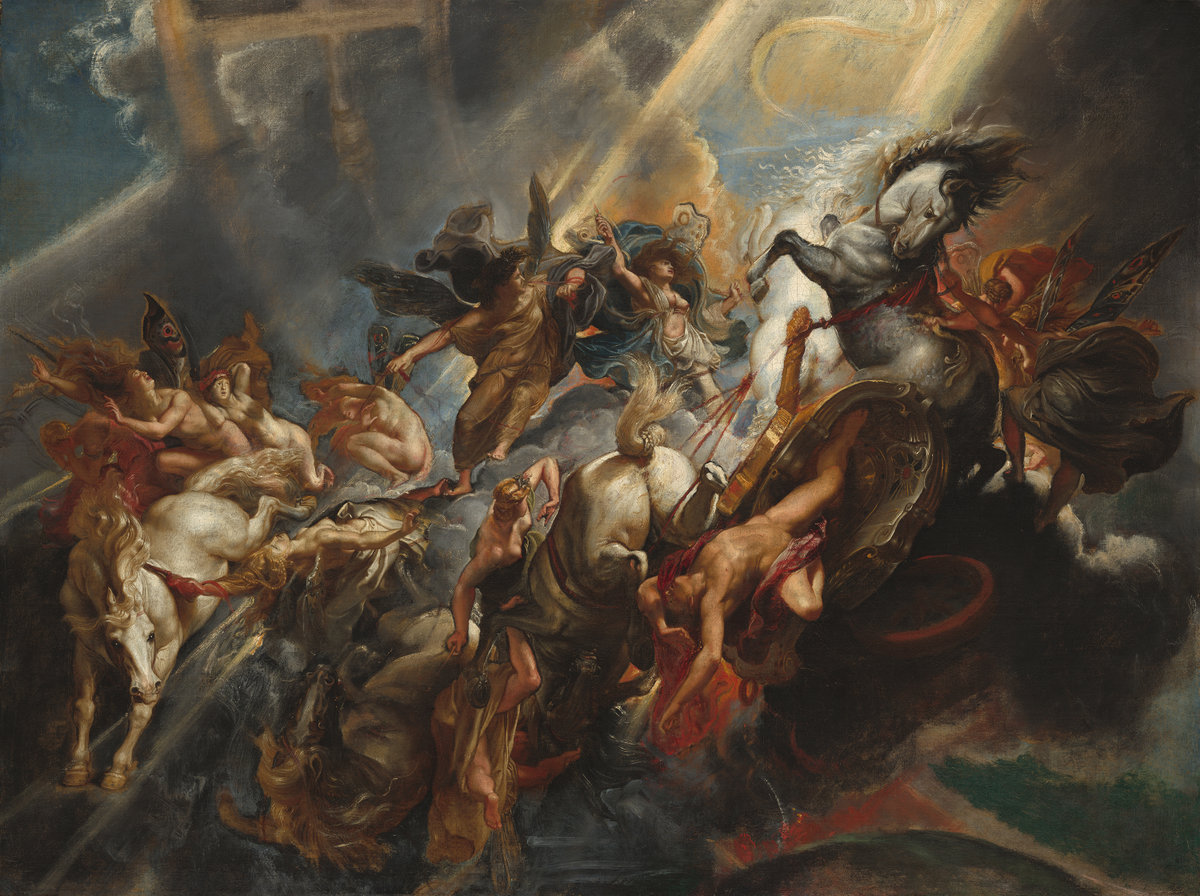It’s summertime and constant writings about bombs, bullets, and battles are getting us down. So, in an effort to add some lightness and variety, we are instituting a segment called Would Someone Please Explain This To Me, or, more directly, What the #%$ is Going On Here? Readers are asked to submit any questions they like to our contributors (in the “Comments” section please). All we ask is that the questions be at least tangentially related to political violence. We promise to post the question we have chosen as well as our answers the following Wednesday.
So, what do you want to know?








24 comments
How did what was original an ethnic Toureg uprising taking advantage of a Malian coup and Libian weapons end up as al-Qaeda sympathizing Salafists controlling Timbuktu? Does anyone know who’s in control of northern Mali outside of Timbuktu? Could this be a new (Islamist? Toureg?) state in the making? Would that state be viable?
Why have so many of Africa’s great people;s revolutionaries – Meles, Museveni, Kagame, Mugabe, Afwerki – failed to personally give-up power once they hold onto to it? Is this because leaders of rebel movements are hard-wired into authoritarian command-and-control types of politics even when out of the bush and in control of the state? Perhaps they come to associate national development, progress and stability with their own individual leadership? Or do plenty of revolutionaries become democrats?
This is a great question, one that is not limited to Latin America (Lenin, Castro, Mao, etc.).
I meant Africa…
Or, in other words, was George Washington just an outlier?
How did the military reached a credible commitment with the rest of the society not to overturn nonmilitary regimes? Aren’t there enough economic incentives, given that in developped societies soldiers and the military hierarchy is far from being on the top of the income distribution, for those who owe the arms expropriate the rest of society? Does the anwser rely on non economic incentives, then?
Check that my question is not about “why democracies survive” but more general: why isn’t any society a military dictatorship? And my focus is on the mechanism of commitment that makes it possible to solve the problem
Why does Monaco exist? Or Liechtenstein, or San Marino? They’re basically freebies for their much much stronger neighbors.
How about exclaves like Ceuta and Melilla (Spain’s exclaves in Morocco), Kaliningrad (Russia’s exclave between Poland and Lithuania), or Nakhchivan (Azerbaijan’s exclave between Armenia and Iran)?
That’s a great question on the military. Militaries still hold the overwhelming monopoly of power in society. Why don’t they – or political entrepreneurs rising who can mobilise the military – ever use it? What role does sending a military to prepare for and to fight perpetual wars overseas has in keeping this threat at bay?
This Q&A format is a great idea, thank you. Honestly I got tons of questions. However, I leave it at a single one. As the task is to add some lightness and variety, how about one which has nothing to do with violence at all:
While there are lots of interesting and popular IR weblogs run by scholars and students in US and UK, the IR community in other countries is only slowly and reluctantly discovering the merits of blogs, twitter etc.. Being a member of a team of graduates running a German IR blog called “bretterblog” (launched in early July 2012; http://bretterblog.wordpress.com/), I am especially interested in your view on the German IR community and its “affinity” to social media tools.
So the question goes: Why has such a vivid IR blogosphere emerged in the US & UK but not in Germany? What accounts for the variation?
ok fine. maybe there is no German IR blogosphere because people like me don’t really know how to read blogs properly. Sorry – even though I am still interested in your answer – I just realized my question has nothing to do with political violence.
Second try:
As the NYT reported in January (http://tinyurl.com/7urq3lw
), the Taliban have announced to open an office in Quatar to enable talks with other actors involved in Afghanistan.
What potential does this move have? May talking to or negotiating with the Taliban result in the latter showing restraint (conflict management) or even in a peace agreement (conflict resolution)?
Thank you!
What effect are recent and ongoing changes in the Middle East and North Africa having on Islamist terrorist groups, perhaps most notably al Qaeda? Or vice versa – what effect, if any, are terrorist groups having on changes in Egypt or the conflict in Syria? Assad claims to be fighting “terrorist gangs” in Syria, obviously in an effort to (unsuccessfully) rally support for his actions. Earlier this week, the New York Times reported that al Qaeda is infiltrating the Syrian opposition, taking advantage of increasingly sectarian violence to turn the conflict into a jihadist’s cause. Zawahiri has attempted to lay claim to the uprisings in the Arab world, associating al Qaeda with the revolutions in Egypt, Tunisia and Libya (but has thus far remained publicly silent on Syria??). What are the dynamics at play here?
And, on a completely unrelated note (prompted by Kelly Greenhill’s post earlier today):
What do the recent horrific shootings in Colorado say about the nature of political violence in the U.S.? More broadly, what do events like this say about the nature of political violence in democracies? Most of the analysis offered on this blog has been dedicated to political violence in non-democratic states (understandably so, as the scale and intensity of political violence is greater in these countries, and the instances thereof much more frequent). But political violence certainly exists in democracies, albeit in drastically different form.
How can we frame state repression? Despite some general studies mentioning state repression, we still do not know the logic of state repression and its mechanisms in conflict ridden societies.
Thanks for the invitation to ask! I’m struggling with the idea of consent in peacekeeping missions. The conventional distinction between chapter VI & chapter VII missions is becoming blurry (but maybe only to me). Why do the authorities of certain countries consent to peacekeeping forces and then show little support for their mandate? Is the principle of non-intervention no longer enough to resist pressure to consent? What the #%$ is going on here?
Dear respondents,
Many thanks for asking these questions. We will be answering them in the coming weeks, so be sure to tune in.
Best,
Erica
I really enjoyed your post on peace treaties, because it’s an argument I’ve made quite a few times, and I’m glad there’s data to back it up. However, I feel like a missing part of the article is what conditions lead to negotiation and peace treaties. There must have to be certain conditions in which negotiation is more likely to be tried (and more likely to be successful). I’m interested in how the process of beginning negotiations happen, and if there are any scenarios in which attempted negotiations have either a negative or zero effect on violence, or alternatively, if negotiations always lead to lower violence levels.
Thanks a lot,
Danny Hirschel-Burns